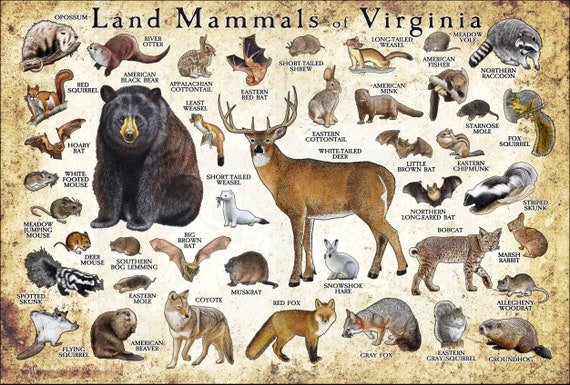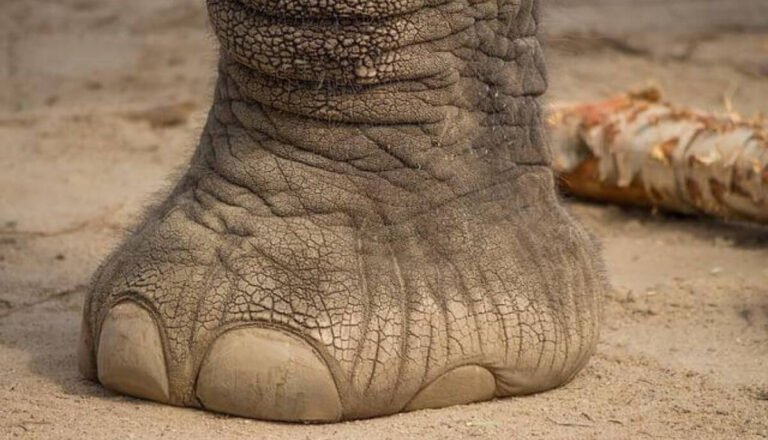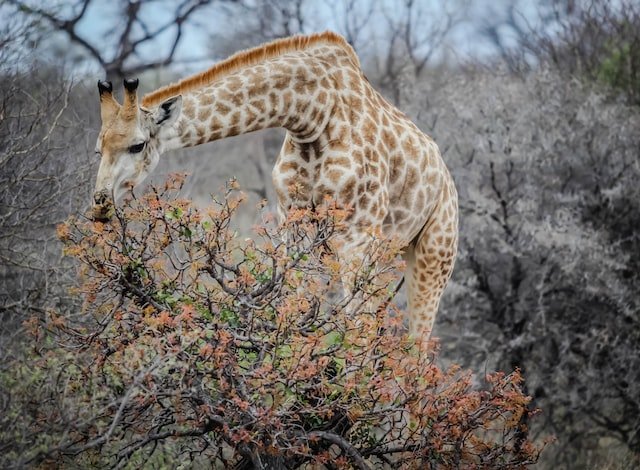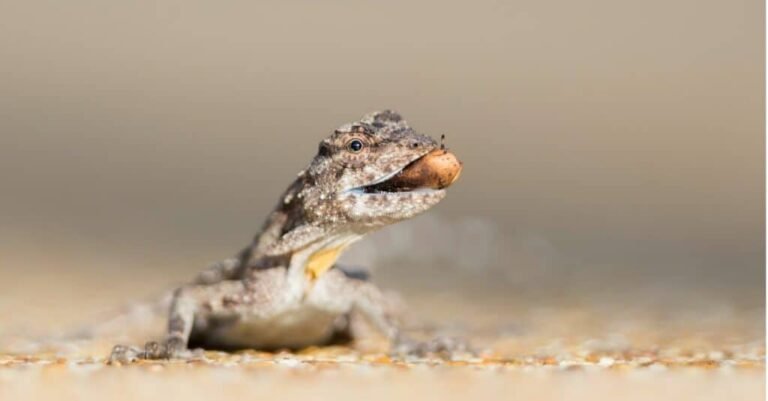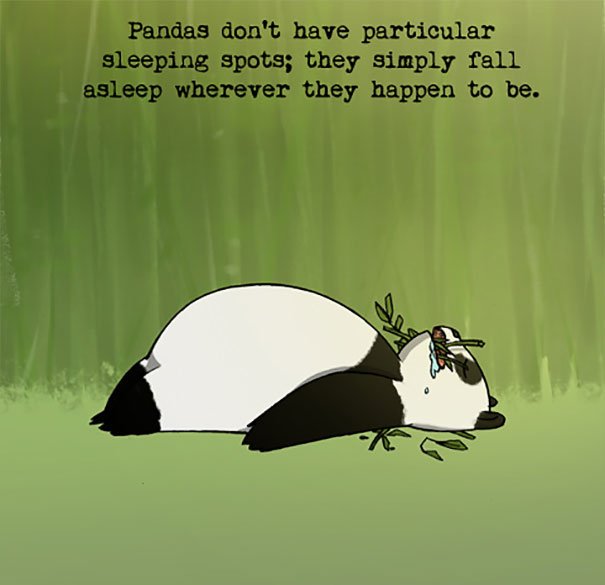Do Anacondas Eat People? Are Anacondas Dangerous?
There are many myths and legends about anacondas, but the most popular one is that they eat people. While it is true that anacondas can kill and eat large prey, there is no evidence that they have ever attacked humans. In fact, there are only a handful of reports of anacondas attacking people at all.
So, if you’re wondering whether or not anacondas are dangerous to humans, the answer is probably not.
Anacondas are one of the largest snakes in the world, and their size can be very intimidating. But do anacondas actually eat people?
The answer is no.
Anacondas are not known to attack or eat humans. In fact, they generally shy away from contact with people. However, there have been a few reports of anacondas attacking humans, but these incidents are rare and usually happen when the snake feels threatened.
So while anacondas may not be interested in eating people, they can still be dangerous. If you encounter an anaconda in the wild, it’s best to leave it alone and give it plenty of space.
Are Anacondas Venomous
No, anacondas are not venomous. They are constrictors, meaning they kill their prey by wrapping their bodies around it and squeezing it until it suffocates. Anacondas do have sharp teeth, which they use to bite their prey and hold on while they’re constricting it.
Do Anacondas Attack Humans
It’s a widely held belief that anacondas attack humans. However, there are no documented cases of an anaconda attacking a human.
There are plenty of reports of people being attacked by other snakes, but not by anacondas.
Anacondas are generally shy creatures and will avoid contact with humans if possible.
However, there have been instances where an anaconda has become aggressive towards a human. In these cases, the snake was usually defending itself or its territory.
There have also been reports of captive anacondas becoming aggressive towards their handlers.
Overall, it’s very unlikely that you’ll be attacked by an anaconda if you encounter one in the wild. However, it’s always best to exercise caution and give them a wide berth just to be safe!
Do Anacondas Eat Jaguars
Do anacondas eat jaguars? It’s a question that has been asked time and time again, but the answer is still unknown. While there have been reports of anacondas eating jaguars, there is no concrete evidence to support these claims.
The majority of the reports come from eyewitness accounts, which are often unreliable. There are also many different species of anaconda, so it’s difficult to say if all of them are capable of killing and eating a jaguar. Even if some anacondas are able to kill and eat a jaguar, it’s likely that they would only do so if they were starving.
While we can’t say for sure if anacondas eat jaguars, we do know that they’re capable of killing and eating other large animals. If you’re ever lucky enough to see an anaconda in the wild, be sure to keep your distance!
Do Anacondas Bite
Anacondas are large snakes that can be found in South America. They are one of the largest snakes in the world and can grow to be over 20 feet long! Anacondas are not venomous, but they do have sharp teeth that they use to bite their prey.
While anacondas generally don’t attack humans, there have been a few reports of them biting people who have gotten too close. In most cases, the bites were not serious and the victim was able to get away without being harmed. However, there is always a risk of being bitten when you’re around these large snakes, so it’s best to err on the side of caution and give them plenty of space!
Anaconda Snake Eats Man at Zoo
Anaconda Snake Eats Man at Zoo
A man was eaten alive by an anaconda snake at a zoo in Brazil. The man, who has not been identified, climbed into the snake’s enclosure and was promptly attacked.
Witnesses say that the snake wrapped itself around the man and began to constrict him. The man reportedly screamed for help, but no one was able to get to him in time. He was pronounced dead at the scene.
This is a tragic story, and our thoughts go out to the victim’s family. It’s important to remember that wild animals are just that – wild. They are not tame pets, and they can be dangerous.
This incident serves as a reminder of the importance of respecting wildlife and not putting yourself in danger by entering their enclosures.

Credit: nypost.com
Do Anacondas Eat People
While anacondas have been known to eat people, it is not a common occurrence. These large snakes are typically found in the Amazon Basin in South America and prefer to dine on fish, reptiles, and mammals. That being said, there have been a few documented cases of anacondas attacking and eating humans.
In one case, a 23-foot-long anaconda was captured after killing and eating a farmer in Brazil. The snake reportedly swallowed the man whole, head first. In another incident, a 28-foot anaconda choked and killed a construction worker in Venezuela before swallowing him whole as well.
These attacks are rare but they do happen from time to time. If you find yourself in the presence of an anaconda, it is best to avoid provoking the snake or getting too close.
Are Anacondas Dangerous
Yes, anacondas are definitely dangerous – they’re large snakes, after all. They can easily kill a human, although that’s not their primary diet. Anacondas generally hunt for fish, birds and small mammals like rodents.
However, if an anaconda feels threatened, it will not hesitate to attack. And even though they’re not venomous, their bites can be very painful and cause infection. So if you ever come across an anaconda in the wild, it’s best to give it a wide berth!
What If You Were Swallowed by an Anaconda?
Conclusion
No, anacondas do not eat people. While they are large and powerful snakes, they typically only hunt animals such as rodents, birds, and fish. However, there have been a few reports of anacondas attacking humans.
In general, these snakes are not considered dangerous to humans unless they feel threatened.


